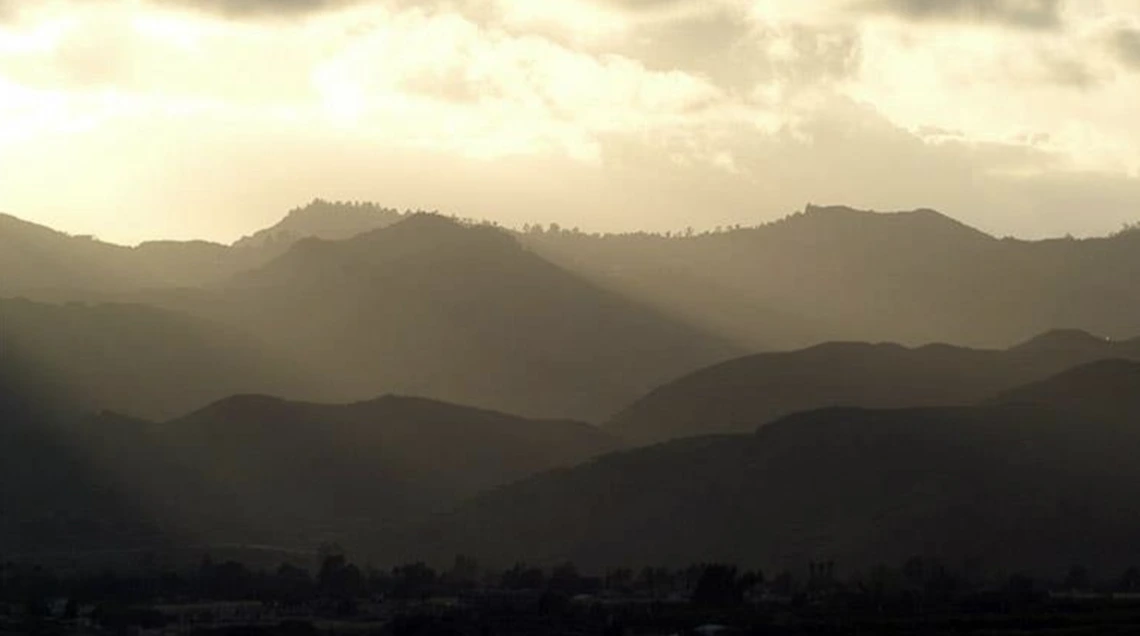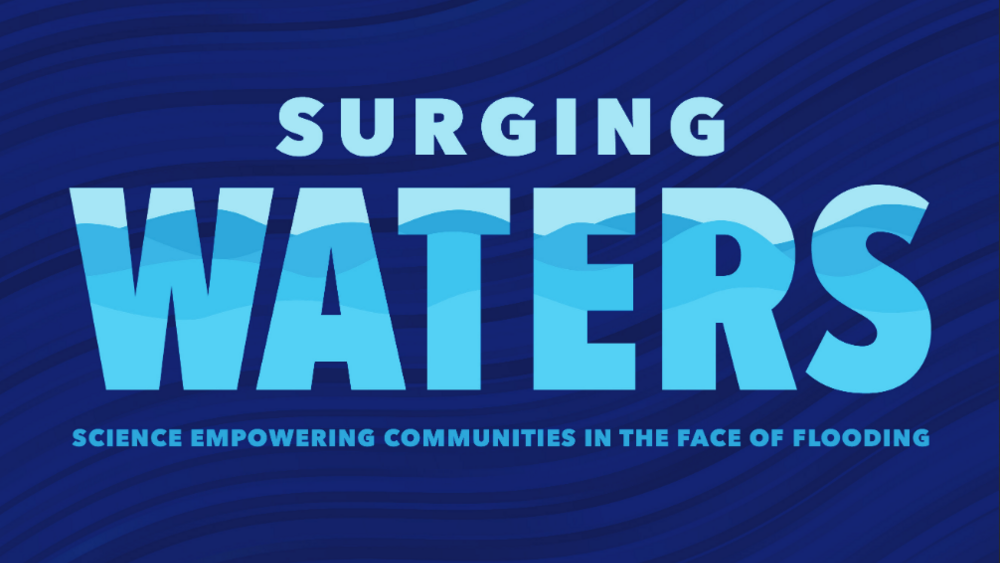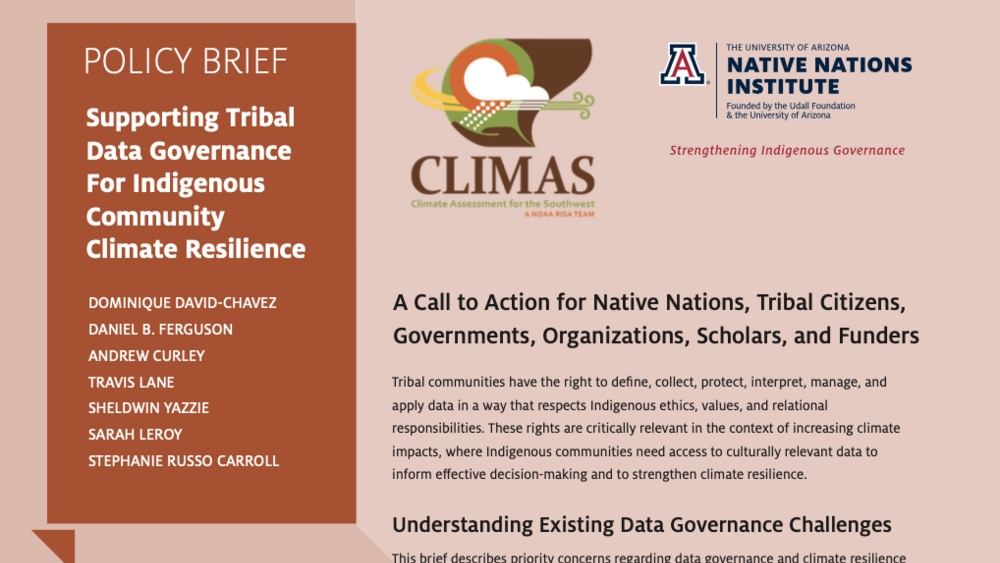Tribes are keenly aware of the interconnection between health, nature, and personal wellbeing. Leading experts in climate change and wellbeing are increasingly encouraging communities to be proactive about protecting and building psychological, social, cultural, and spiritual wellbeing. Often overlooked in adaptation planning, wellbeing interventions can be critical to adapting to the growing stressors and trauma associated with climate change.
Climate changes are expected to present unpredictable, severe, long-term, and recurring adversities for communities across the U.S. They can induce biological stress responses, especially in the absence of personal coping skills and trusted social relationships. New climate stressors compound historical traumas that tribes encountered over generations of ecological and political change, such as the eviction of the Cupeño people from their ancestral homeland in 1903. The need for trauma-and culture-informed interventions is greater and more urgent than ever.
Chemşhúun Pe'ícháachuqeli, Pala’s Tribal Psychosocial Climate Resilience Framework, is designed to help Pala and other communities consider how to safeguard mental and emotional wellbeing when preparing for the impacts of climate change. This report is part of Pala’s National Indian Health Board (NIHB) funded Climate Change Adaptation Plan, which incorporates health and wellbeing strategies.
Additional Information
Gaughen, Shasta and Angie Hacker. Chemşhúun Pe'ícháachuqeli (When our Hearts are Happy): A Tribal Psychosocial Climate Resilience Framework. (June 2019). Pala Band of Mission Indians: Pala, CA. Accessed March 22, 2023: http://tribalclimatehealth.org/wp-content/uploads/2019/07/Psychosocial-…



